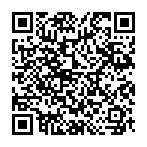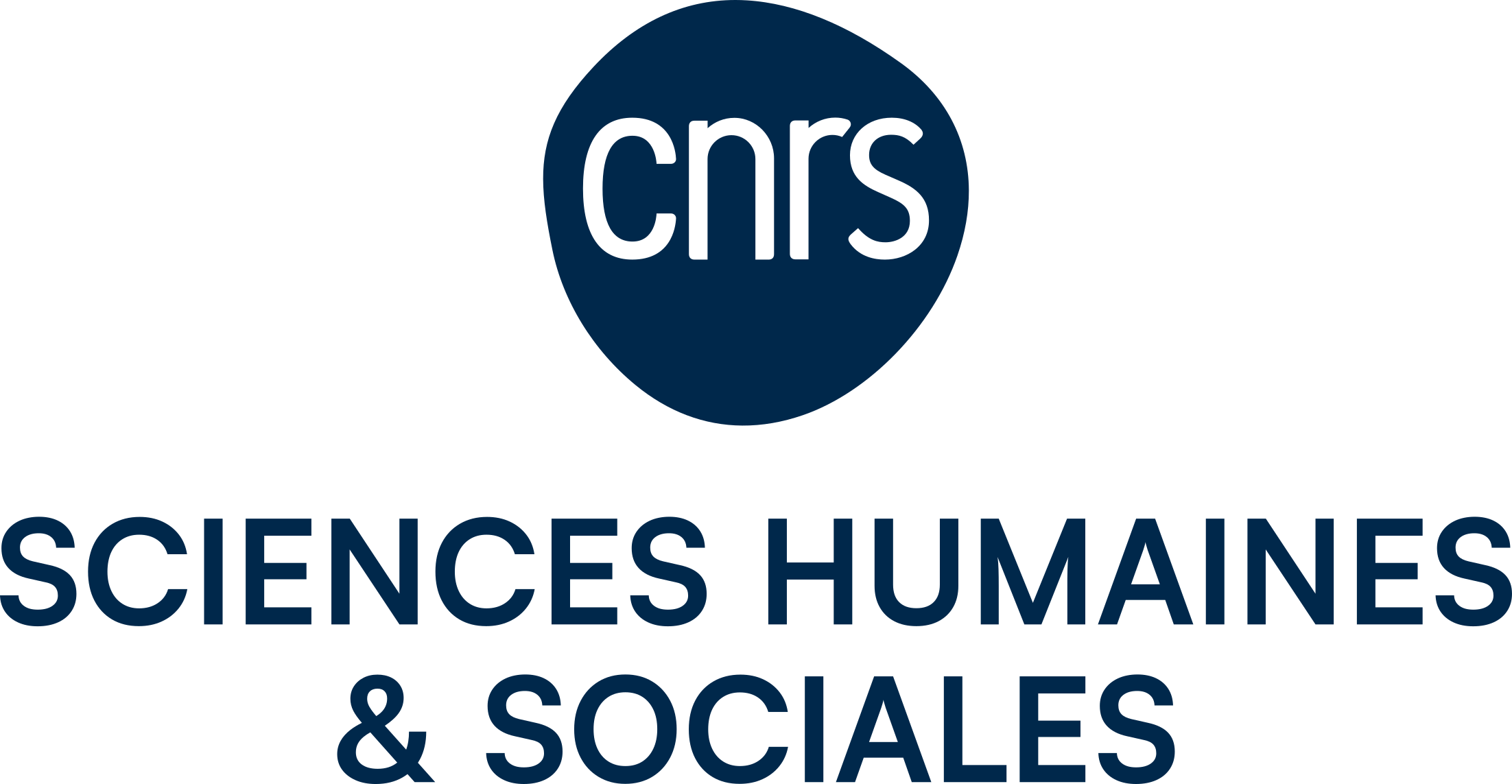21/03/2019 - 17h30 - Bar le Carnot
jeudi 21 mars 2019, par
Uittenhove et al. (2019) : Le stockage en mémoire de travail est-il domaine-spécifique ?
« La table ronde CPAFO continue sa quête de connaissance »
Le prochain aura lieu le Jeudi 21 Mars à 17h30. Il aura lieu au bar le Carnot.
| Date : | 21 Mars 2019 |
|---|---|
| Heure : | 17h30 - 18h30 |
| Lieu : | Bar le Carnot |
Les capacités de stockage en mémoire de travail sont-elles spécifiques à chaque modalité sensorielle ou doivent-elles être partagées ?
Cette semaine, nous nous poserons des questions sur la relation entre mémoire de travail et modalité des informations sensorielles à encoder, dans la bonne humeur qui sied si bien aux membres de la table ronde CPAFO. La discussion sera animée par Johann et Jordan à partir du très récent papier de Uittenhove et al. (2019).
Pour rappel, ce rendez vous est ouvert à tout le laboratoire. Il se tient les premiers et troisièmes jeudis de chaque mois au laboratoire et au bar le Carnot, en fin d’après midi.
À jeudi pour cette nouvelle édition !
Auteurs (année) : Uittenhove, Chaabi, Camos & Barrouillet (2019)
Titre : Is working memory storage intrisincally domain-specific ?
Journal : Journal of Experimental Psychology : General, advance online publication
Abstract
It has recently been claimed that working memory (WM) storage is intrinsically domain-specific because the concurrent maintenance of an auditory and a visuospatial memory set did not involve any dual-task cost (Fougnie, Zughni, Godwin, & Marois, 2015). Using the same paradigm, we asked participants to concurrently maintain verbal auditory memory sets of 2, 4, or 6 letters along with visuospatial memory sets of 1, 3, or 5 dots in spatial locations. Whereas using the probe-recognition procedure used by Fougnie, Zughni, Godwin, and Marois (2015) replicated the absence of dual-task cost, a recall procedure revealed systematic interference between auditory-verbal and visuospatial WM. Increasing verbal WM load had a detrimental effect on the recall of visuospatial information, and vice versa, whether or not the task was performed under concurrent articulation. These between-domain interference effects proved to be non-negligible in magnitude when compared with within-domain effects in both the verbal (letters and digits) and visuospatial (spatial locations and movements) domains. The implication of these findings for our understanding of the structure and functioning of WM as well as the potential impact of the methods used to assess WM storage (i.e., recognition vs. recall) are discussed. (PsycINFO Database Record (c) 2019 APA, all rights reserved)

depuis votre smartphone




